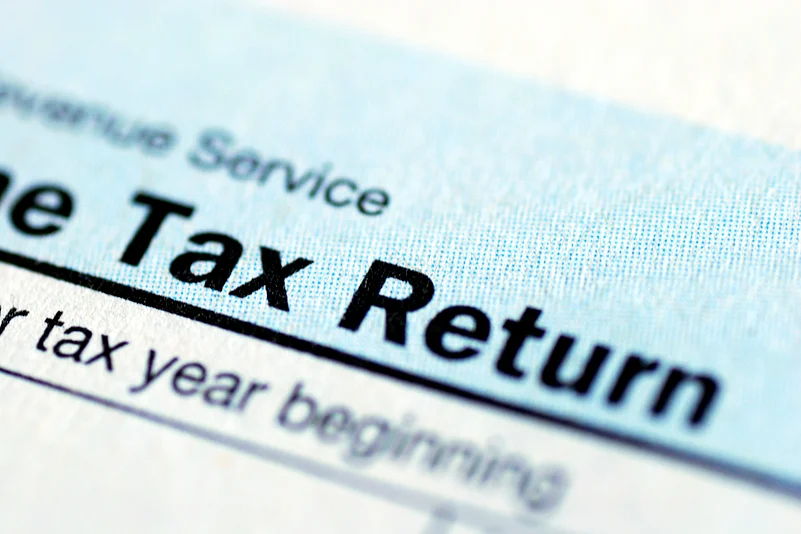Experts predict increased levies on petrol, diesel, luxury and sin goods by state governments to cover spending shortfall. This follows Reserve Bank of India (RBI) report anticipating a decline in state’s tax revenues over the next few years.
“…tax revenues will fall faster as GDP’s growth is expected to be in negative,” RBI said in its annual publication — ‘State Finances: A Study of Budgets’.
Pankaj Mathpal, Founder & CEO, Optima Money Managers, said: “State governments currently have limited scope for tax collection. Few taxes like VAT on petroleum products and liquor, stamp duty on immovable property, and road tax are under state governments control.”
Rajeshree Sabnavis, Founder, Rajeshree Sabnavis & Associates, “…states will obviously look for increasing their revenue kitty by increasing taxes which primarily would be around alcohol, petrol & diesel.”
“Increased taxes on fuel would impact transportation costs. This will be passed on to the consumers, thereby affecting prices, including consumables,” she said.
Deepesh Mehta, Founder of Grow Wealth, said: “We might see an increase in taxes for the luxury and sin goods.”
Rajesh Cheruvu, CIO, Validus Wealth, however, argues, taxes may not necessarily rise. “If tax rates are increased too much, it may result in decreased revenues. Individuals would not be incentivized to work and have large chunks of their incomes taken away by the center or state,” he said.
RBI expects an associated increase in indebtedness, coupled with persisting losses of power distribution companies to pose risks to state finances. RBI believes that the quality of spending and the credibility of state budgets will assume importance as the next few years will be challenging.
The report points out that the pandemic may significantly alter budget estimates, eroding gains of consolidation observed in the last three years.
The majority of states had budgeted their consolidated Gross Fiscal Deficit (GFD) at 2.8 per cent of GDP in 2020-21. Due to the lockdown, few states had to delay their budget presentations.
“The average GFD for states that presented budgets before the outbreak of COVID-19 is 2.4 per cent of Gross State Domestic Product (GSDP), while the average for budgets presented post-lockdown is 4.6 per cent,” RBI said.































